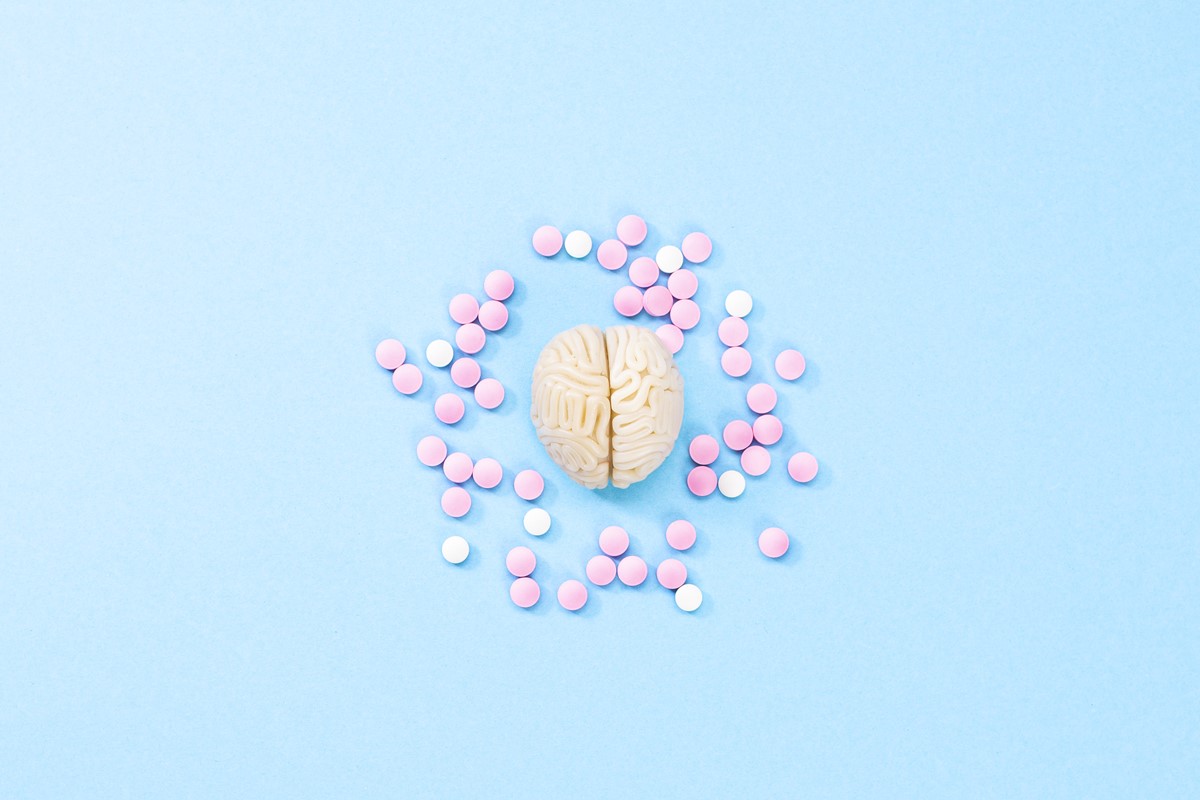General overview
Ecstasy is an illicit drug which is used for its empathogenic (emotional openness) and euphoric effects that it has on the human body. It's technically known as 3,4-methylenedioxy-methamphetamine or MDMA and it works by being a reuptake inhibitor and releasing agent for the hormones serotonin, norepinephrine and dopamine in the brain.
The effect of the drug is noted to take place at around 30-60 minutes after consumption. The peak effect is at around 75-120 minutes and stays constant for another 3-4 hours.

The psychoactive effects of ecstasy include the following:
- Euphoria.
- Sense of inner peace.
- Mild visual and auditory hallucinations.
- Increased empathy.
- Feelings of closeness with others.
- Increased sociability towards others.
- Sensation, perception and sexuality are all enhanced.
Adverse events
Short term or immediate side effects of ecstasy can include the following issues:
- Hyperthermia
- Dehydration
- Life-threatening hyponatremia (extremely low sodium levels in the blood which can affect brain function).
Other short-term side effects may include grinding of teeth, insomnia, increased heart rate and blood pressure, increased sweating, nausea, vomiting, diarrhea, loss of appetite and erectile dysfunction.
Stopping moderate use of ecstasy can cause certain adverse effects to last up to a week. These include:
- Depression
- Anxiety
- Paranoia
- Impulsiveness
- Irritability
- Memory impairment
- Restlessness
- Loss of appetite
- Insomnia
- Trismus (spasm of the muscles of mastication used for chewing and eating).
Long-term effects of ecstasy use can lead to toxicity of the neurological system. This can then result in lesions in the brain which affects the way that serotonin is produced. Chronic use of ecstasy also leads to impaired cognitive functioning, short and long-term memory impairment, affected visual processing and impaired sleeping patterns.
It seems then that there hasn't been any noted physical effects on organs such as the heart, lungs and kidneys but the most important areas that have been affected seem to be the brain, liver and peripheral blood vessels.
Overdose of ecstasy can lead to the following complications.
- Intracranial haemorrhage (bleeding in the brain).
- Severe hypertension or hypotension (high or low blood pressure).
- Disseminated intravascular coagulation (clot formation in small vessels).
- Coma.
- Convulsions.
- Serotonin syndrome.
- Mental confusion.
- Paranoia.
- Psychosis symptoms such as delusions and hallucinations.
- Amnesia.
- Acute respiratory distress.
- Hepatitis.
- Hyponatremia.
- Hyperthermia.
Ecstasy use can lead to tolerance buildup which means that the user starts to use more of the product which can make overdosing on the drug a possibility. It is also highly addictive so it can cause dependence as well.
It is therefore important to try and receive appropriate medical assistance in order to help one try and stop the use of this drug.
- Photo courtesy of SteadyHealth
















